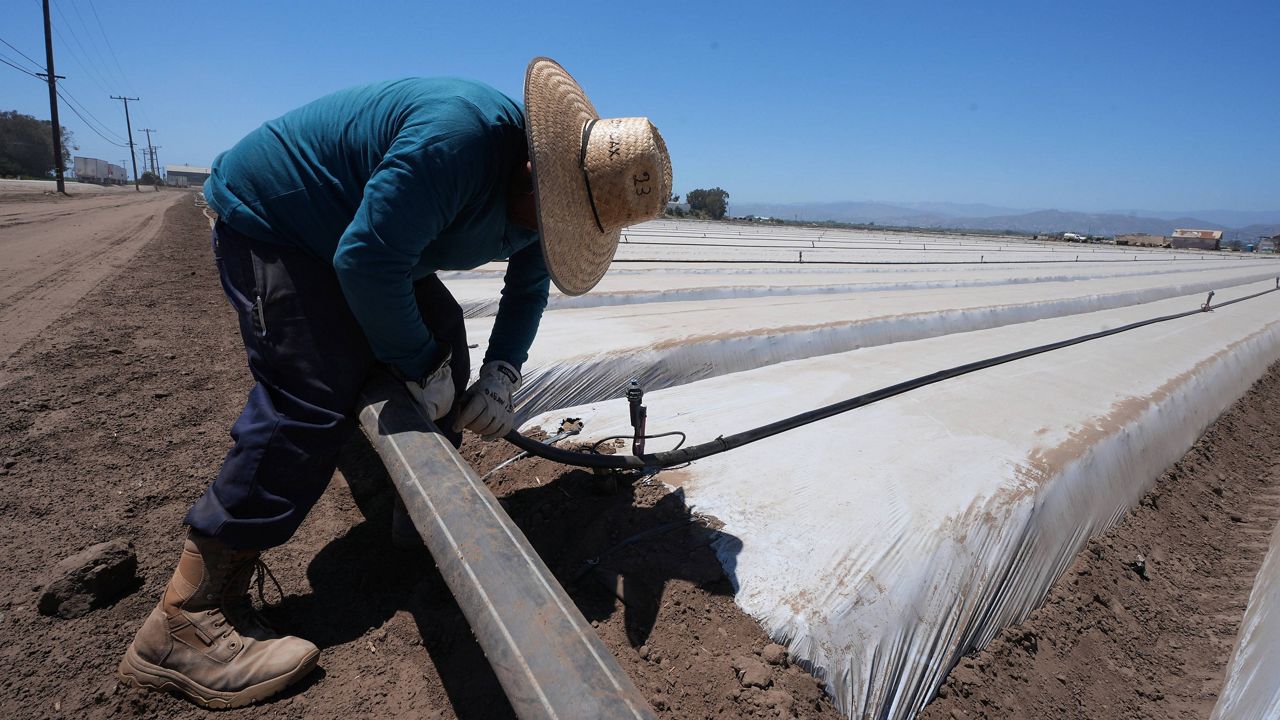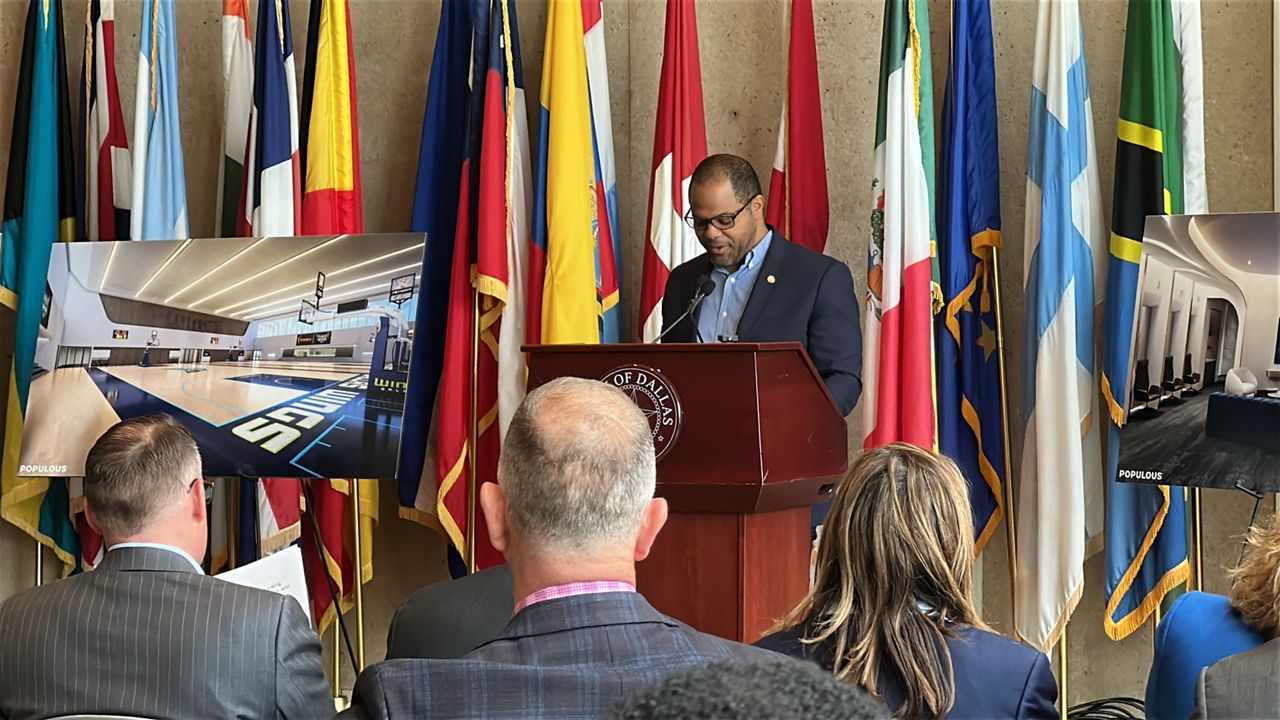TEXAS — As job cuts, inflation and a higher cost of living drives families across Texas and the rest of the country to seek assistance, U.S. House Republicans have proposed spending cuts to one of the most vital programs, the Supplemental Nutrition Assistance Program, or SNAP.
As part of the “One Big Beautiful Bill Act,” the House of Representatives’ budget reconciliation bill, as much as $300 billion would be cut from the program through 2034.
According to the hunger-relief network Feeding Texas, if passed, that would mean a 30% cut to the SNAP program — the largest SNAP benefits cut in the nation’s history.
The proposed legislation would also require states to pay up to 25% of SNAP benefits.
The cuts to the program are tied to waste and accountability. In a statement, House Agriculture Committee Chairman Glenn Thompson, R-Penn., said, “We ensure that SNAP works the way Congress intended it to, by reinforcing work, rooting out waste, and instituting long-overdue accountability incentives to control costs and end executive and state overreach.”
Feeding Texas says 1.4 million Texans are food insecure, representing more than 17% of the state and the largest number of individuals in the country.
The network, which partners with organizations like North Texas Food Bank, estimates 806,000 Texans would lose some of their SNAP benefits, and 392,000 would lose them entirely.
This comes after having already lost money at the beginning of the year with budget cuts.
“North Texas Food Bank lost some funding at the beginning of the year with some budget cuts, and we’re having to make up about $11 million worth of food that we would normally get,” said Clarissa Clarke, government relations officer for the North Texas Food Bank.
Food pantries across the state are already strained and circumstances are making it worse.
“Our pantry is supposed to be supplemental, and with any threat to federal programming and through SNAP cuts, it drives more people to us where we tend to be more of a permanent solution,” said Casen McMahan, director of nutrition programs for Metrocrest Services.
Clarke also said that they expect to see more demand, which has already increased since the start of the pandemic.
The House passed its version of the spending bill. The Senate will now decide whether it moves forward, and what, if any, changes are to be made.


)



